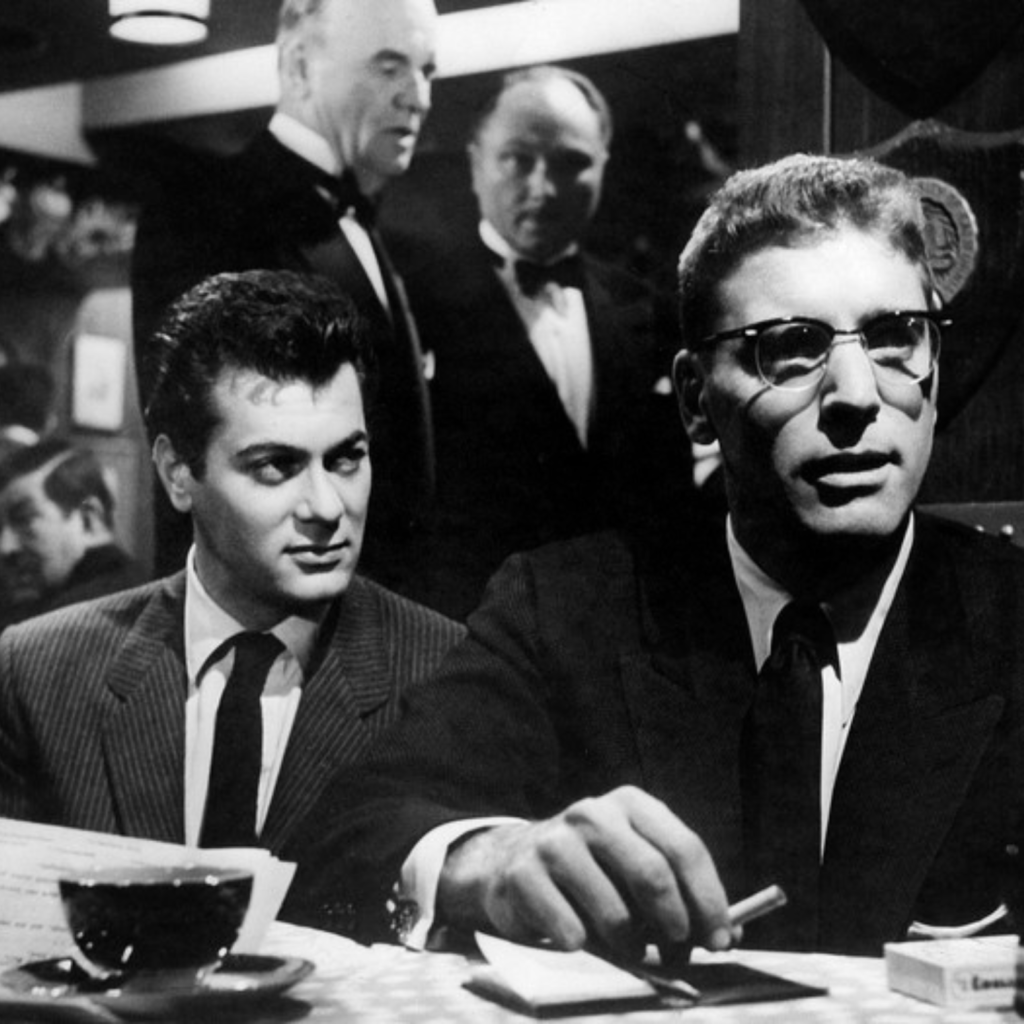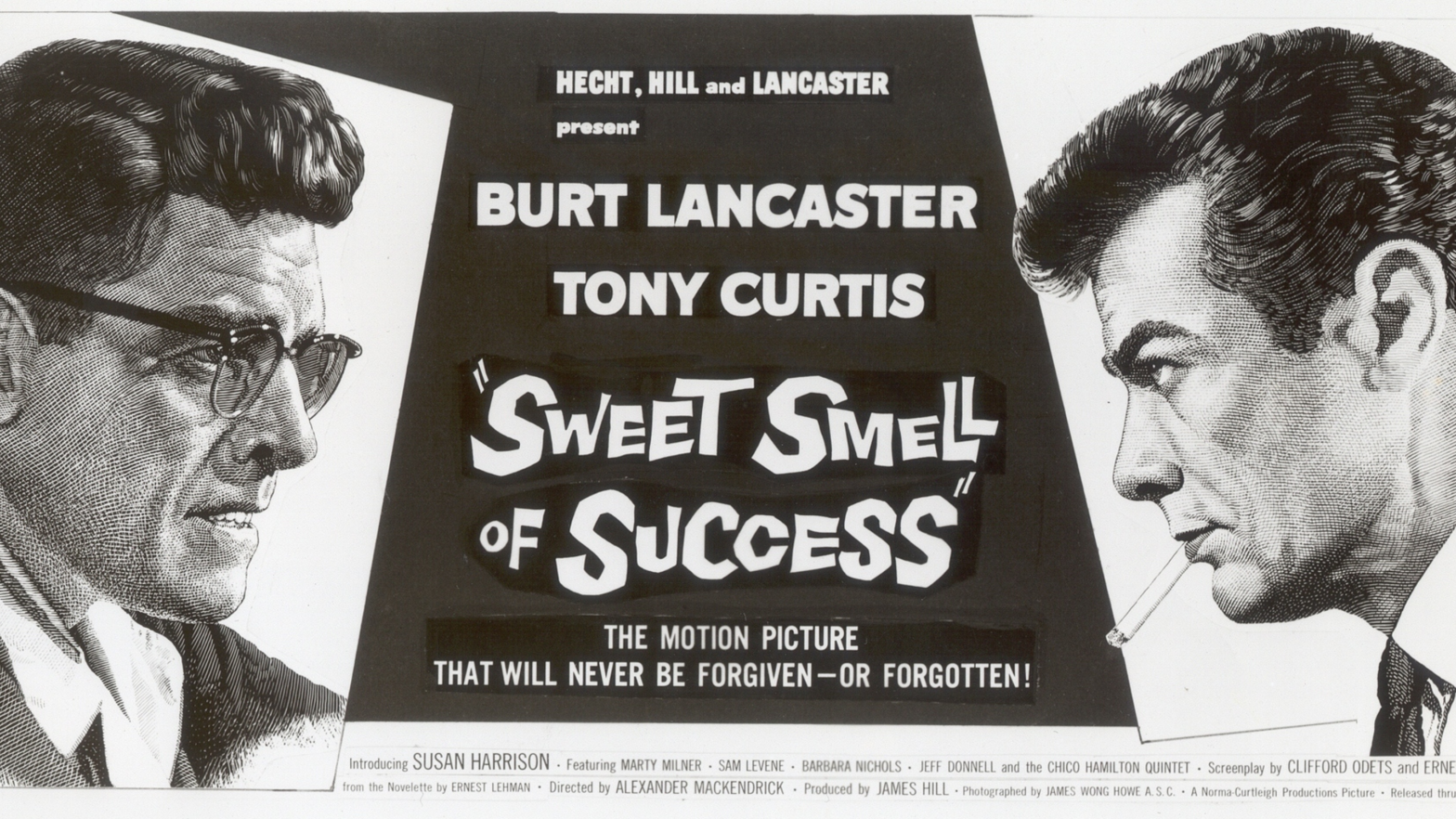This fall, Eugene Lang College of Liberal Arts debuts a unique film screening series set to recover a lens in which to view New York City. Entitled An Excess of Images: NYC on Film from the 1950s to the 1980s, the series explores pivotal moments in cinematic history — when filmmakers opted for city streets over studios, returning to the authentic pulse of New York, where yellow cabs honked amid bustling crowds and the flickering lights of jazz clubs painted the night with stories of ambition and dreams. This series will continue through December, including four more screenings and ending with Spike Lee’s 1989 Do The Right Thing.
Organized by Zed Adams —an associate professor of philosophy at Lang and the New School for Social Research — the series takes inspiration from the Thom Andersen 2003 documentary, Los Angeles Plays Itself. “It’s a video essay made up of clips of 214 movies filmed in LA,” Adams explained. Similar to Andersen’s exploration of how films shape and reflect LA’s image and culture, “this is kind of an attempt to start doing the same thing for New York.”
On the evening of Sept. 27, the series showcased its second installment — a screening of Alexander Mackendrick’s 1957 classic American film noir, Sweet Smell of Success. An antsy audience gathered in the Kellen Auditorium and a quiet anticipation settled over the room. This was no Megalopolis or revamped Beetlejuice. Revisiting this ‘50s masterpiece in today’s fast-paced, image-driven city, the audience was encouraged to ponder the relationship between film and the evolving narrative of New York City.
Before the film began, Adams set the stage with a simple yet thought-provoking question: “What do these characters want? What is their end goal?”
As the film progressed, the sharp black-and-white cinematography of James Wong Howe vividly captured the gritty streets of 1950s Manhattan. Viewers watched the morally compromised world of J.J. Hunsecker (a powerful New York columnist) and Sidney Falco (a desperate and sycophantic press agent) who navigate the city’s ruthless social circles.
While Hunsecker’s desire to maintain control — both in his personal and professional life — offers a scathing portrayal of ambition, greed, and the price of success, Falco’s constant scheming and manipulation reveal the lengths to which someone will go to climb the social ladder in NYC. Both characters embody a darker side of ambition, revealing how the pursuit of power can distort personal integrity and relationships.

As the credits rolled, a post-film discussion brewed with conversations about iconic New York landmarks shown in the film — the Brill Building, the Flatiron Building, and the Queensborough Bridge — one attendee exclaiming, “I live right near there!” This sense of familiarity brought the New York of the 1950s into play with the New York of today: a reminder that the city, despite constantly changing, has a foundation of culturally recognizable infrastructure that makes it “New York”.
This film falls into the subgenre of Ambitious NYC: one of six subgenres Adams has curated for the screening series. Each of these subgenres — others include Lonely NYC, Bohemian NYC, and Voyeuristic NYC — highlights a different facet of the city’s identity. Sweet Smell of Success embodies a version of New York where everyone is fighting for power, and everybody has a price. In this version of the city’s social-scape, no one can be trusted and everyone is out for themselves. The streets are lined with people taking phone calls, always available, but never truly in control.
The discussion following the screening offered more than just an analysis of plot — it raised questions about how ambition shapes a character’s story as well as our own reality. Sweet Smell of Success portrayed the throws of power dynamics, technology, and ambition, asking viewers to reconsider what success really means — and at what cost it’s achieved. In Adam’s words, “…the idea is, if we have these shared movies as reference points, we can make sense of our world together through them.”








Leave a Reply